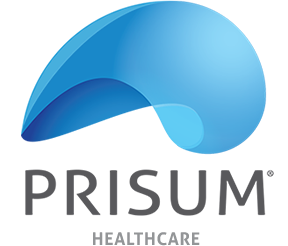Food sources rich in phospholipids
Natural phospholipids can be obtained from vegetable sources such as soybeans, rapeseed (canola), wheat germ, sunflower and flax seeds, but also animal material such as egg yolk or milk.
Among the richest sources of phosphatidylcholine are the animal foods, particularly rich in choline - beef, poultry, fish, dairy products and eggs. Cruciferous vegetables and certain pulses are also rich in choline. Other choline food sources include nuts, seeds, whole grains, mushrooms, potatoes, tomatoes, broccoli, and cauliflower.
Other names
Phosphatidylcholine, Lipodissolve, Lipolight, Lipolyse, Lipothérapie, Lipotherapy, Phosphatidyl Choline, Phospholipid, Phospholipide, Phospholipon, Polyenylphosphatidylcholine, Silibinin, Silybe de Marie, Silybin, Silybum marianum, Silymarin.
ProHumano+ products containing PHOSPHOcomplex™
Did you know?
Non-alcoholic Fatty Liver Disease is the most common chronic liver disease in children living in developed countries.
affects
Information source:
Pediatric Nonalcoholic Fatty Liver Disease: Prevalence, Diagnosis, Risk Factors, and Management Stavra A. Xanthakos, Rohit Kohli- Clinical Liver Disease, Vol. 1, No. 4, August 2012, AASLD
Causes, symptoms and prevention methods for hepatic steatosis
The liver is the largest internal organ in the human body and the only visceral organ that has the ability to regenerate completely, to its previous size and capacity, without losing its functions during the growth process.
The liver is responsible for over 500 essential functions, the main ones being in the body’s metabolic processes.














